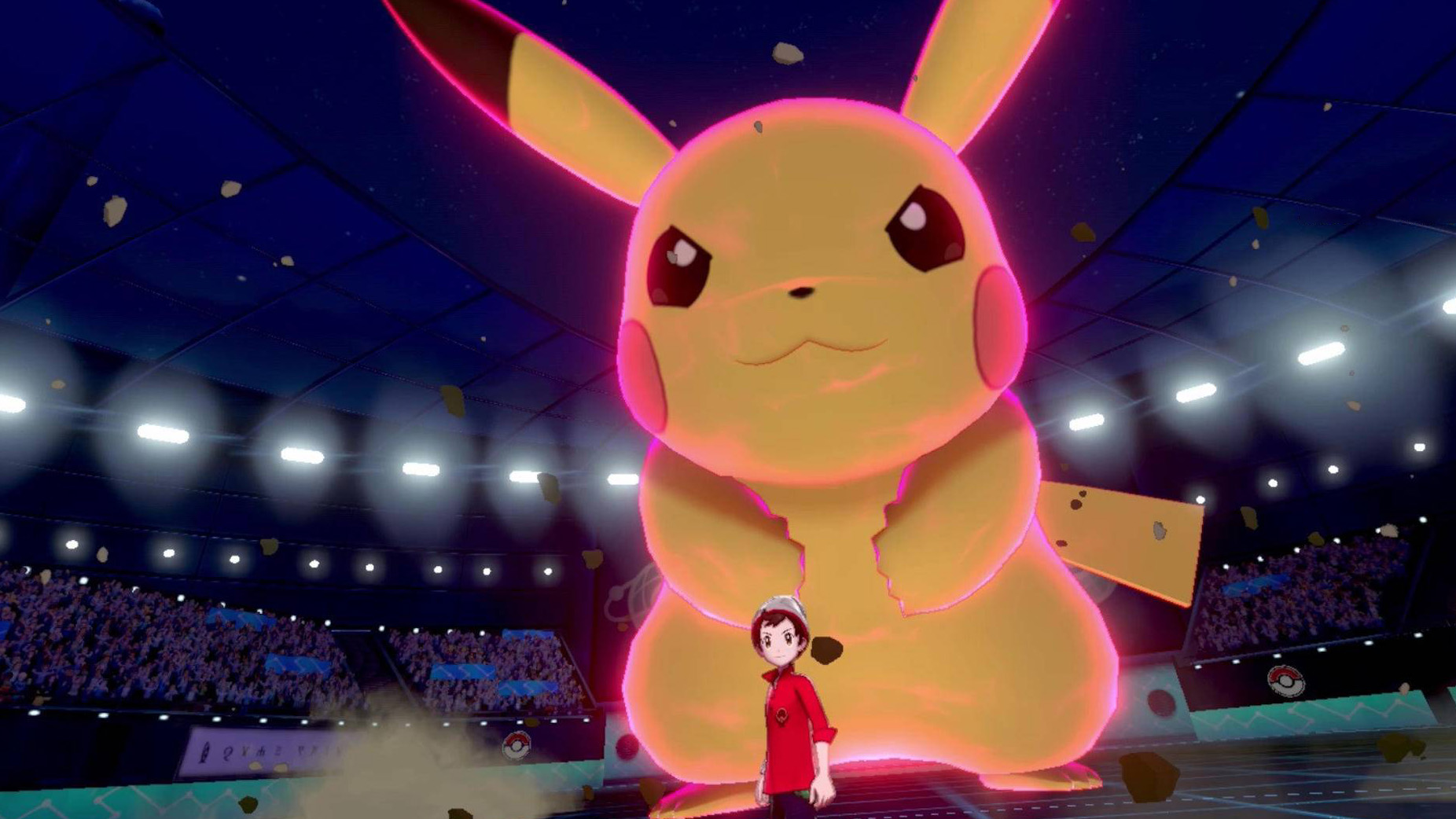According to videogame patent lawyer Kirk Sigmon, the USPTO granting Nintendo these latest patents isn’t just a moment of questionable legal theory. It’s an indictment of American patent law.
“Broadly, I don’t disagree with the many online complaints about these Nintendo patents,” said Sigmon, whose opinions do not represent those of his firm and clients. “They have been an embarrassing failure of the US patent system.”



Personally I don’t have an issue with individual intellectual property, it’s the acquisition and trade of it by corporations that I have an issue with. For example, I believe no copyright should last after the creator’s death. Disney is dead, Tolkien is dead, many musicians are dead, let alive creators contribute to their worlds.
That isn’t the problem.
Copyright law does run out after a while it’s not immediately upon the holders death but after their death there’s a grace period and then the copyright runs out.
The problem is the likes of Disney get special treatment. Their patents should have run out long before any of us were born and yet they didn’t.
The problem isn’t the system itself, the problem is the abuse of the system.
No. The problem is that that system was created and lobbied for literally by Disney and other big “IP holders” like music labels. That “while” after the holder’s death has been increasing to ridiculous levels. They are not getting special treatment by abusing the system, they’re changing the system to benefit them. And don’t be fooled into thinking this benefits bedroom musicians, it’s quite the opposite. (source)
(source)
And don’t get me started on how the US treats copyright internationally. The whole world has been effectively subjugated to incredibly ass-backwards rules without even a say in it. “If it’s accessible via the internet it counts as officially published in the United States”? fuck off.
On the other side of the coin, we have agreements such as the Berne Convention, a 1886 document that still governs a good chunk of international copyright relations. Even the “good” parts of such agreements are terribly inadequate for the Information Age where works can be published and redistributed globally with little effort
Just an FYI, that graph is entirely unreadable in dark mode. I’m not sure why they chose to make a graph of all things have a transparent background.
Walt Disney wasn’t the creator of most of his works so his death shouldn’t be factored in.
I have a real issue here too. Though mine more centers around the purchase of IP to bury it because it would be competition. How many amazing creations that would benefit humanity and make all of our lives more livable are buried in archives at these big corpos?
This is what I would like to see fixed, in the most aggressive way possible. I want a clock on the ownership to bring a product to market based on the purchased patant and if that clock runs out, ownership reverts back to the creator.